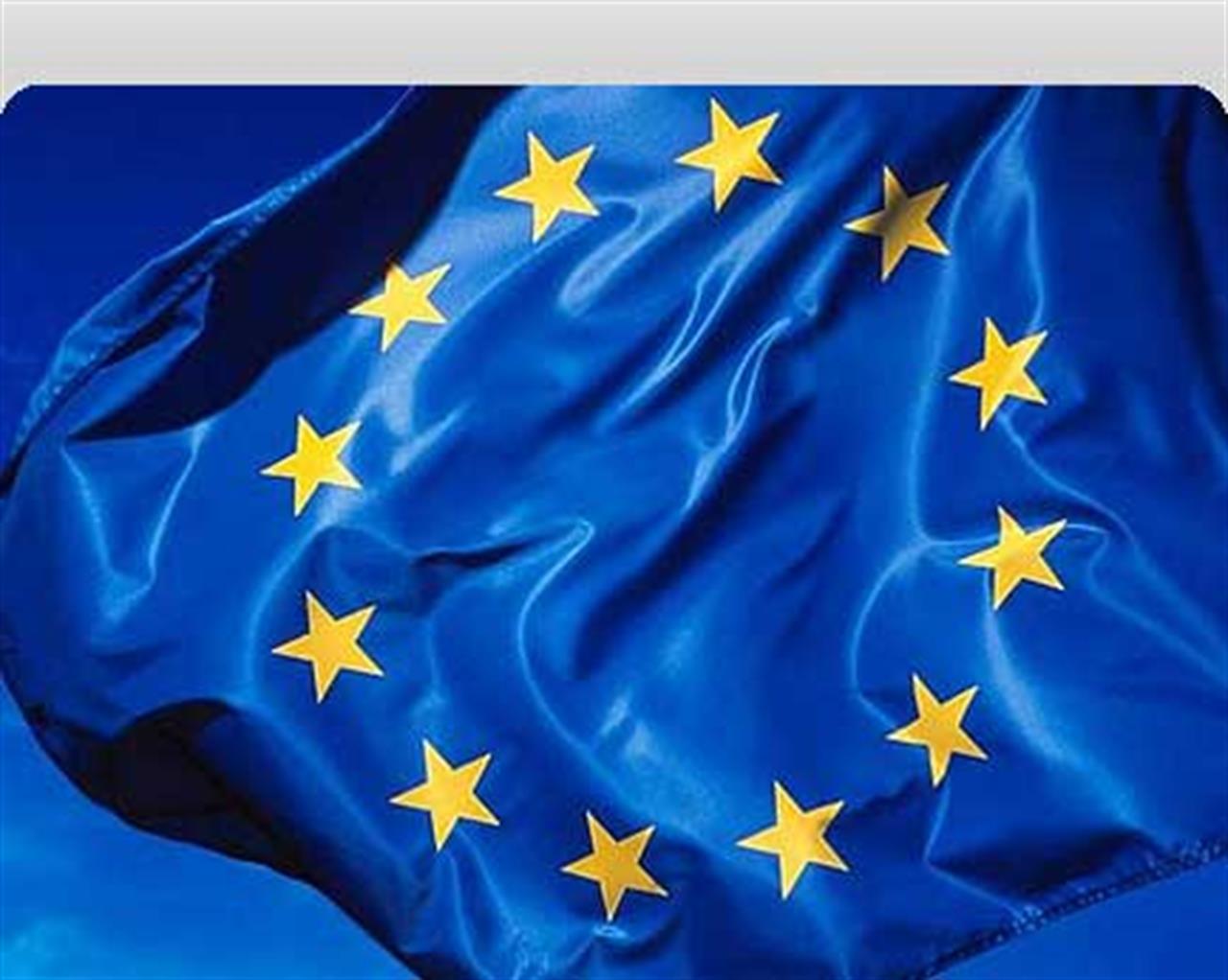The European Parliament’s new priority? To come to an agreement on how best to develop civil dialogue under the Treaty of Lisbon. Why? According to European Members of Parliament there are at least two reasons why they should. Firstly, The European Union has acknowledged that its structures have serious democratic deficits and have decided to do something about it; slowly but steadily, EU institutions have begun to developing mechanisms that make them more open to citizens. According to the Lisbon Treaty, in fact: “Every citizen has a right to participate in the democratic life of the Union and all decision should be made openly, transparently and close to citizens”. Secondly, the members of the EP know that Lisbon Treaty will not come into effect unless it is accepted by Ireland, who, it is believed, rejected the treaty also because of the lack of appropriate communication between society and decision-makers. Any discussion of civic dialogue starts with informing citizens about the direction that politics is taking and including them in the decision-making process.
The EP resolution thus claims the necessity of investing in and developing civic dialogue. The authors of the resolution point to the importance of closeness and openness of public institutions of all levels (from EU level to local levels) and importance of including citizens in governance. They underlie that civil society should play an important role in the E.U. integration process.
But behind these words and intentions, there is more: the resolution calls on EU member state institutions and public authorities to use existing legal frameworks and new legal frameworks to develop dialogue in practice. Of particular importance is the participation of the citizens in the creation of legislation and the financial support for initiatives that are to increase the citizens’ participation in governance.
And while institutions have their role to play, it is also up to EU citizens to ensure that their voice is heard. The authors of the resolution point out that the problem with civic dialogue is not only a function of public institutions but also the very citizens. The resolution is thus addressed to European civil society and calls upon the European Committee to create legal framework for the activity of European associations, which could associate citizens from various EU countries and facilitate their contact with EU institutions. The decision-making process at the EU level should also be made more open to public consultation, according to the resolution.
The practical significance of the resolution does not have to be high. It shows, however, that the EU structures see in civic participation and civic dialogue a value that might, with time, translate into real actions.
Nessuno ti regala niente, noi sì
Hai letto questo articolo liberamente, senza essere bloccato dopo le prime righe. Ti è piaciuto? L’hai trovato interessante e utile? Gli articoli online di VITA sono in larga parte accessibili gratuitamente. Ci teniamo sia così per sempre, perché l’informazione è un diritto di tutti. E possiamo farlo grazie al supporto di chi si abbona.

